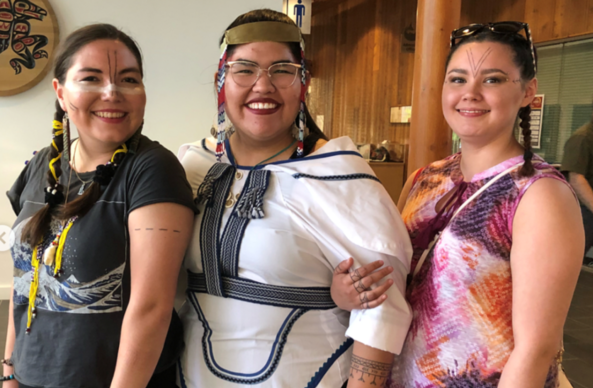Reaching out to Canada’s indigenous communities
May 21
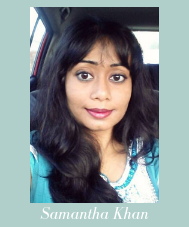
It should be everyone’s responsibility to protect the rights of those around them. However, very few accept this mantle with as much grace as Ashley Komangaapik Rose Cummings. Commonwealth Correspondent Samantha Khan, 26, from Trinidad spoke to the 2019 Commonwealth Youth Awards finalist about her work championing the rights of indigenous communities in Canada.
If I had to sum up Ashley Komangaapik Rose Cummings, in one word, it would be ‘humble’. However, summing her up in one word would be doing her a disservice. In just one interview, I found a multitude of words to describe her – intelligent, passionate, empathetic, creative, dedicated and ambitious.
Ashley is an indigenous rights activist working to improve the health and wellness of Inuit communities in Northern Canada. Her work includes running cultural revitalisation and youth empowerment programmes in the Canadian North, and de-stigmatising mental illness by connecting marginalised communities with available support and resources.
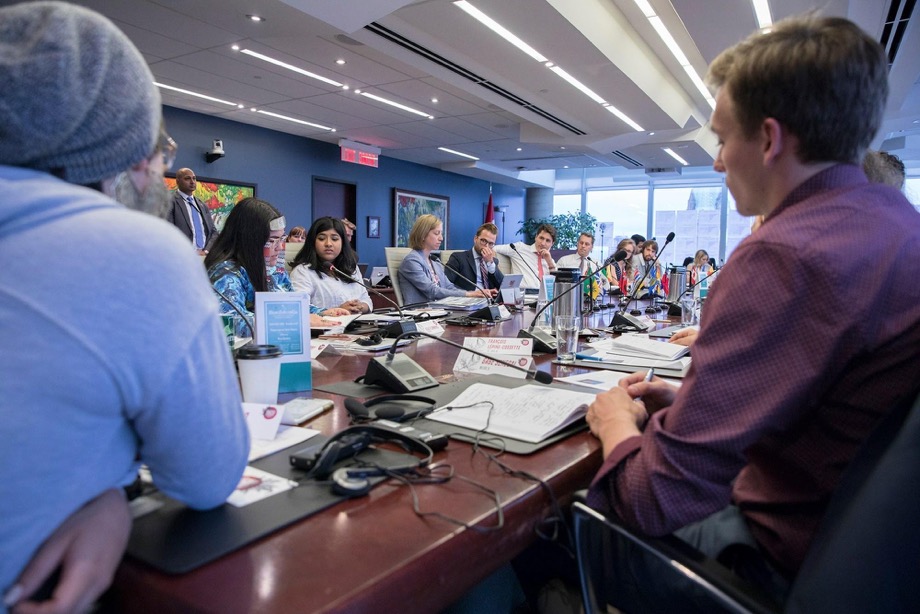
Ashley is also a member of the Canadian Prime Minister’s Youth Council, working to ensure that the voices of these communities are heard and considered in national decision-making processes.
She has worked closely with organisations such as North in Focus, Kids Help Phone, Dorchester Penitentiary and Yukon First Nations Culture and Tourism.
Her work takes her into communities and she also offers workshops and development programmes to assist with self-expression and mental health awareness.
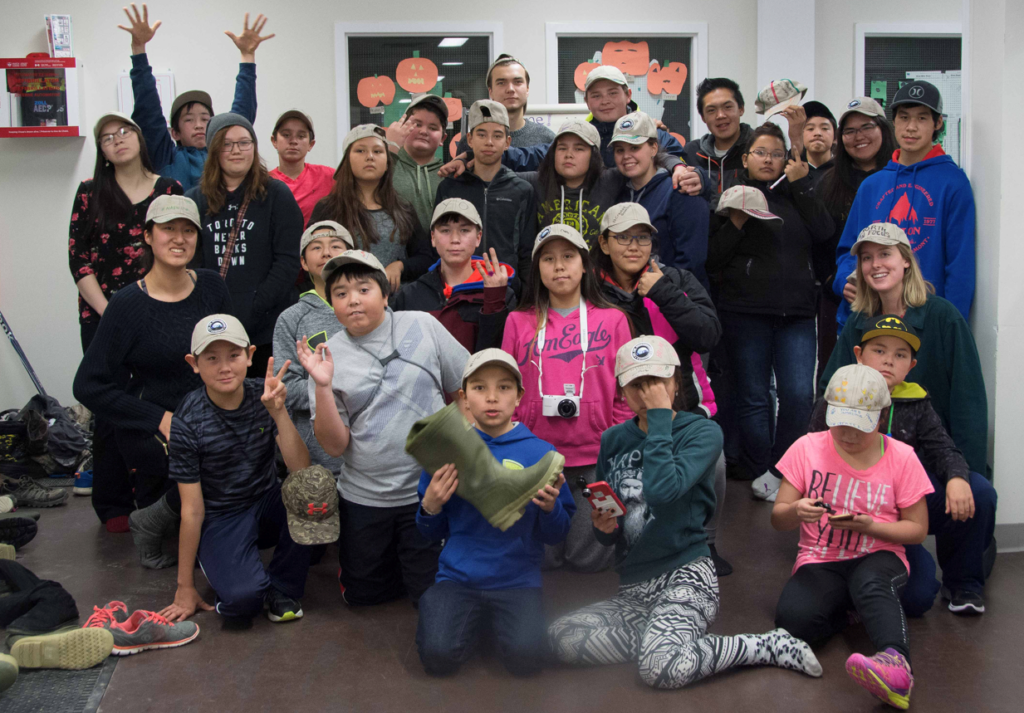
When asked how it feels to be a leader at such a young age, Ashley laughs dismissively.
“I don’t feel like a leader. I feel that I am simply fulfilling my responsibility to my people.”
It comes as no surprise that she found her inspiration within the Inuit community itself. I could feel Ashley’s cultural pride coming through over the phone as she told me stories about her family, friends and wider community.
Her cultural traditions have instilled in her a sharp sense of community and civic responsibility – not out of a sense of obligation, but of love.
I asked Ashley why she was so active in tackling mental health issues, expecting her to describe personal experiences. Her motivation stems mainly from seeing her loved ones affected by depression and suicide, which is rampant in indigenous communities. But instead of succumbing to the pain and loss, Ashley recognised that she could help make a change.
Looking to the future, Ashley hopes for more support for Canada’s indigenous people. She particularly wants to raise awareness of the resources and opportunities available to them. Ashley extends herself freely to help those around her but, without external funding and awareness, the efforts of young activists like Ashley can only go so far.
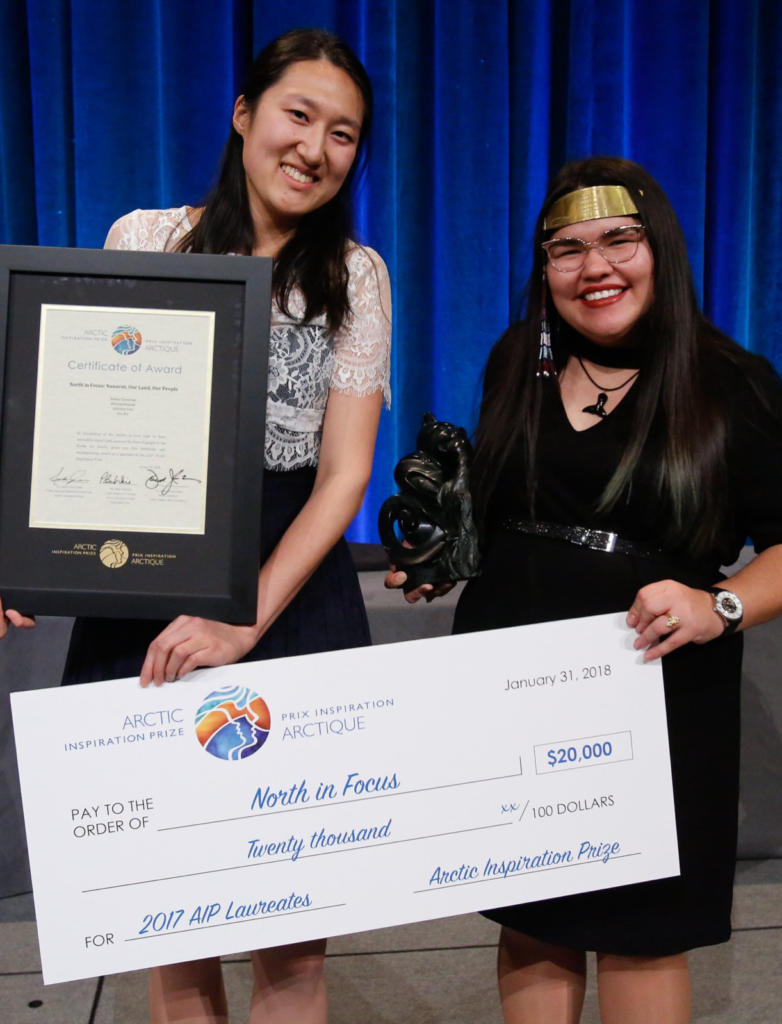
Ashley possesses a wisdom far beyond her years. Her command of thought and precise expression of the difficulties faced by the indigenous communities in Canada could only have come from a lifetime of struggle and triumph.
Moulded by her circumstances, Ashley has surpassed many limitations, and she is now removing those limitations for others.
“Everything I have achieved, I have done while being uncomfortable at first,” Ashley said. She encouraged all young people to embrace the unknown and fight for their communities and their future, even if it makes them uncomfortable.
Towards the end of our interview, Ashley said: “When people who are struggling the most are supported, everyone is supported.” In one sentence, a string of 12 words, Ashley exemplified true leadership, and highlighted a glaring inadequacy in many of today’s leaders.
While the world at present may seem scary, young leaders like Ashley give me hope that tomorrow could be better for everyone, not just for those with privilege and power.
The Commonwealth Youth Awards for Excellence in Development Work highlights the contributions of young people who are making a difference in their communities and celebrates their contributions to the Sustainable Development Goals (SDGs).
………………………………………………………………………………………………………………
About me:
I have an MA in Cultural and Creative Industries and I enjoy writing, filmmaking and learning about different cultures. I’m especially interested in the intersection of art and science, as well as the vast possibilities of using art and philosophy for social development. I love science fiction and would live in the cinema if I could.
……………………………………………………………………………………………………………
Opinions expressed in this article are those of the author and do not necessarily represent the views of the Commonwealth Youth Programme. Articles are published in a spirit of dialogue, respect and understanding. If you disagree, why not submit a response?
To learn more about becoming a Commonwealth Correspondent please visit: http://www.yourcommonwealth.org/submit-articles/commonwealthcorrespondents/
………………………………………………………………………………………………………………
